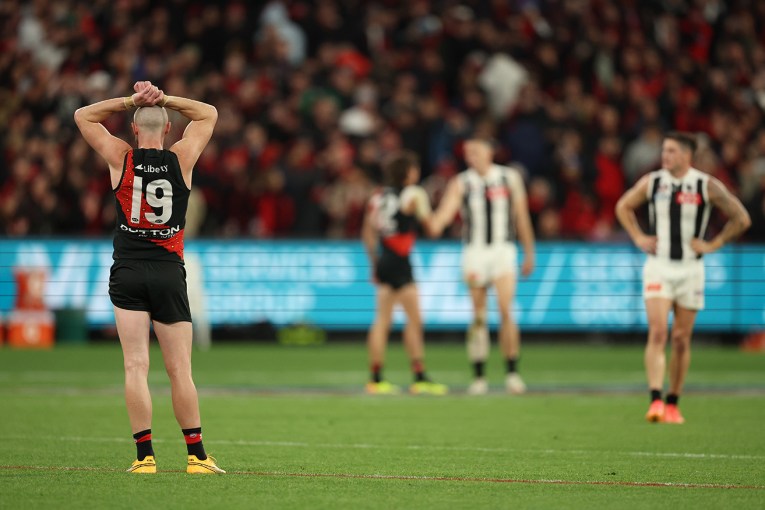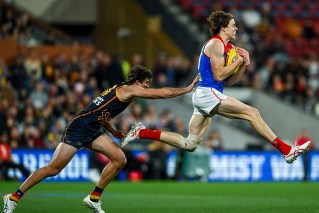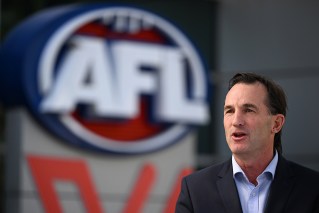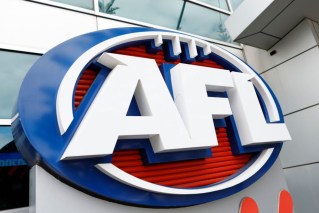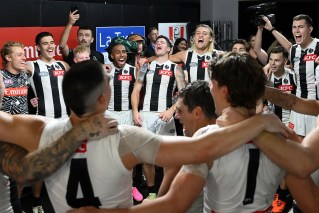AFL rule changes to be known by October
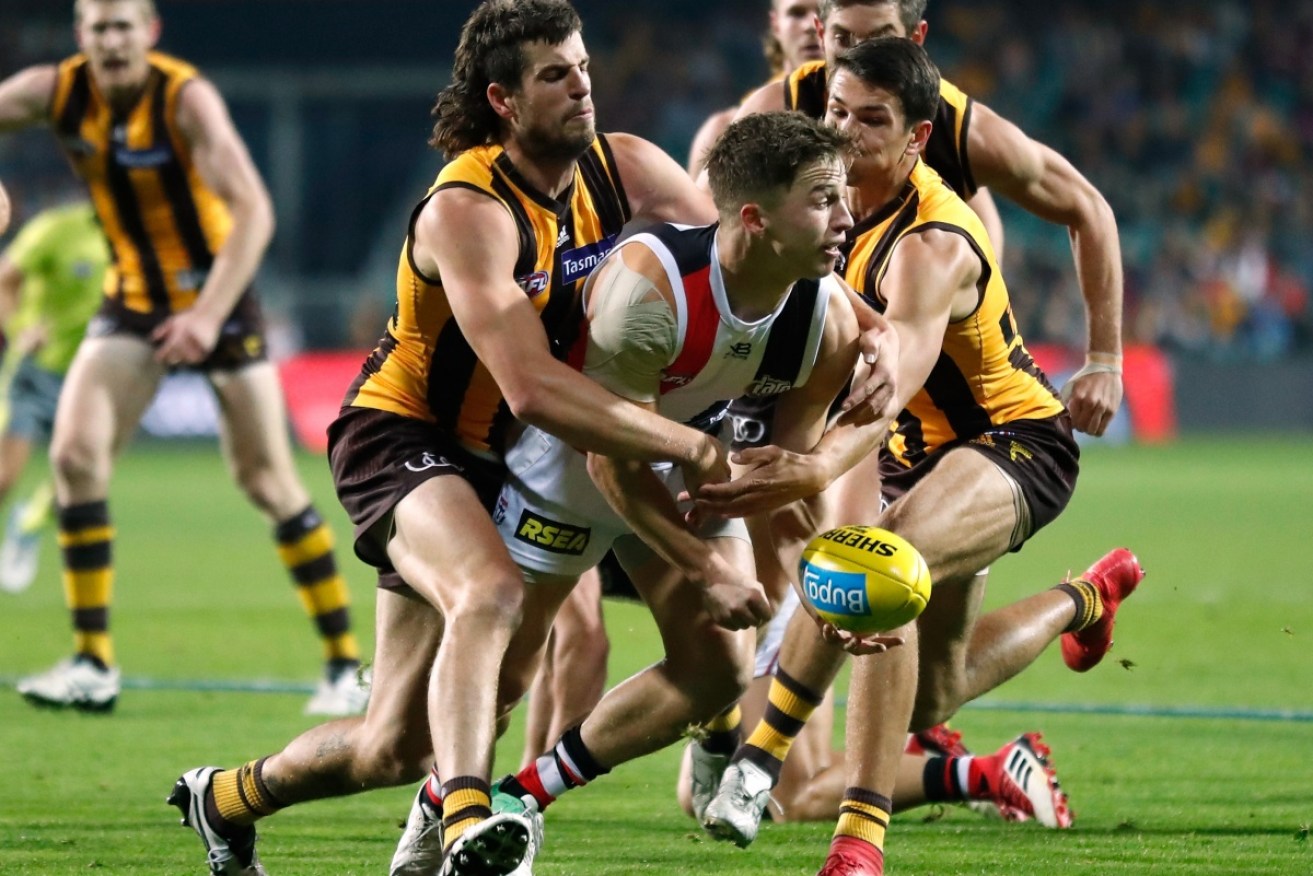
Meeting of AFL's competition committee draws a commitment to implement rule changes as early as possible in the off-season Photo: Getty
The AFL has committed to instituting yearly rule changes in October only, to try to prevent knee-jerk adjustments which have irritated clubs and fans.
The decision was the headline finding of the AFL’s new competition committee, which met for the first time on Thursday in Melbourne.
AFL football operations boss Steve Hocking said the 12-man group, which includes Collingwood president Eddie McGuire and Geelong champion Patrick Dangerfield, agreed on the move as a start to tackling a broad range of issues facing the game.
But decisions on hot topics such as mid-season player movement, efforts to reduce congestion and the future of AFLX are yet to be made, with the committee set to flesh those concepts out further at meetings in July and August.
The AFL caught teams off guard in December 2016 when it introduced a raft of rule changes including banning the third man up at ruck contests, a stricter interpretation of deliberate rushed behinds and a crackdown on striking.
Hocking on Thursday he did not dispute that such changes could be viewed as knee-jerk reactions.
“That may be a view from that,” he told reporters.
“If you think about how (clubs) can set up for the next season, it’s done through that October, November and December period … by the time they get to (January), they’re well and truly set.
“From this meeting today, right through until July, that game analysis team has an absolute bucketload of work.
“We’ll work through going through all of that and getting the necessary data altogether so that we’re actually making really considered decisions.”
The AFL has given clubs a commitment that all new rules changes will be implemented by October from this year.
Details: https://t.co/UiLyyPUTv3 pic.twitter.com/9nRgOi7Qls
— AFL (@AFL) May 10, 2018
Port Adelaide football boss and committee member Chris Davies welcomed what he described as a “significant change” for clubs.
“At the end of the day, any rule that gets changed late is going to be an issue for clubs,” Davies said.
“We spoke a lot about unintended consequences of different rules that had changed.
“We want to make sure that this committee here is fleshing out issues to the full extent before providing any feedback to the (AFL) commission down the track.”
No AFL topic has been more hotly debated in recent weeks than the way the game looks.
Scoring is down, and concerns about player congestion have led to a wide range of suggestions on how to encourage a more free-flowing style.
Hocking said he was broadly comfortable with the state of the game but the committee would look at whether tweaks were necessary.
“It’s fair to say that some of those decisions may not even be rule changes,” he said.
“They could actually be the broader part of the game around the game: the resourcing; off-field changes. What does a calendar look like over the year? What does a season look like in the future?”
The AFL is likely to introduce some sort of additional player movement period next season but Hocking will not be drawn on the potential timing.
AFLX was played for the first time in the pre-season. The committee will continue to examine the future of the concept, including how it fits alongside an expanded AFLW competition.
-AAP
